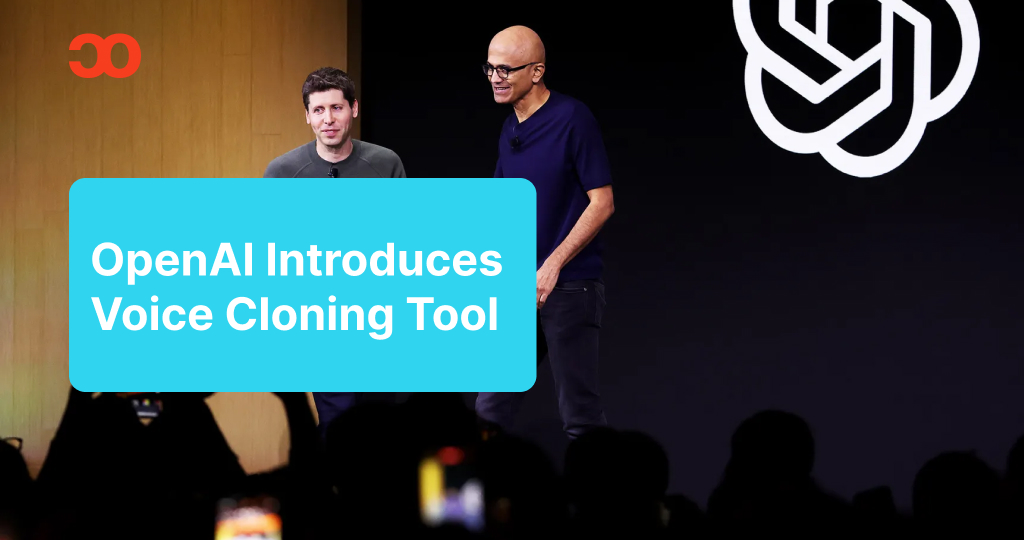In response to the proliferation of deepfake technology, OpenAI has unveiled its latest innovation: the Voice Engine, a tool designed to clone voices with unprecedented accuracy. Developed over a two-year period, this advancement allows users to replicate any 15-second voice sample uploaded into a synthetic version. Despite its potential, OpenAI emphasizes responsible usage, delaying public release to address concerns about misuse.
Jeff Harris, a member of OpenAI’s product staff, stressed the importance of ensuring the ethical deployment of Voice Engine. He highlighted the company’s proactive approach to understanding potential risks and implementing safeguards against misuse. However, specifics regarding the training data used for the model remain guarded, reflecting the sensitivity surrounding intellectual property and privacy concerns.
The underlying generative AI model powering Voice Engine has been utilized in various applications, including ChatGPT’s voice capabilities and Spotify’s multilingual podcast dubbing. Although the origins of the training data remain undisclosed, OpenAI faces legal challenges over allegations of IP infringement related to its AI training practices.
As OpenAI prepares for the eventual release of Voice Engine to the public, it remains vigilant in addressing potential risks and ensuring ethical usage. As the technology matures, the responsible development and deployment of voice cloning tools will be crucial in navigating the complex landscape of synthetic media and deepfake threats.
